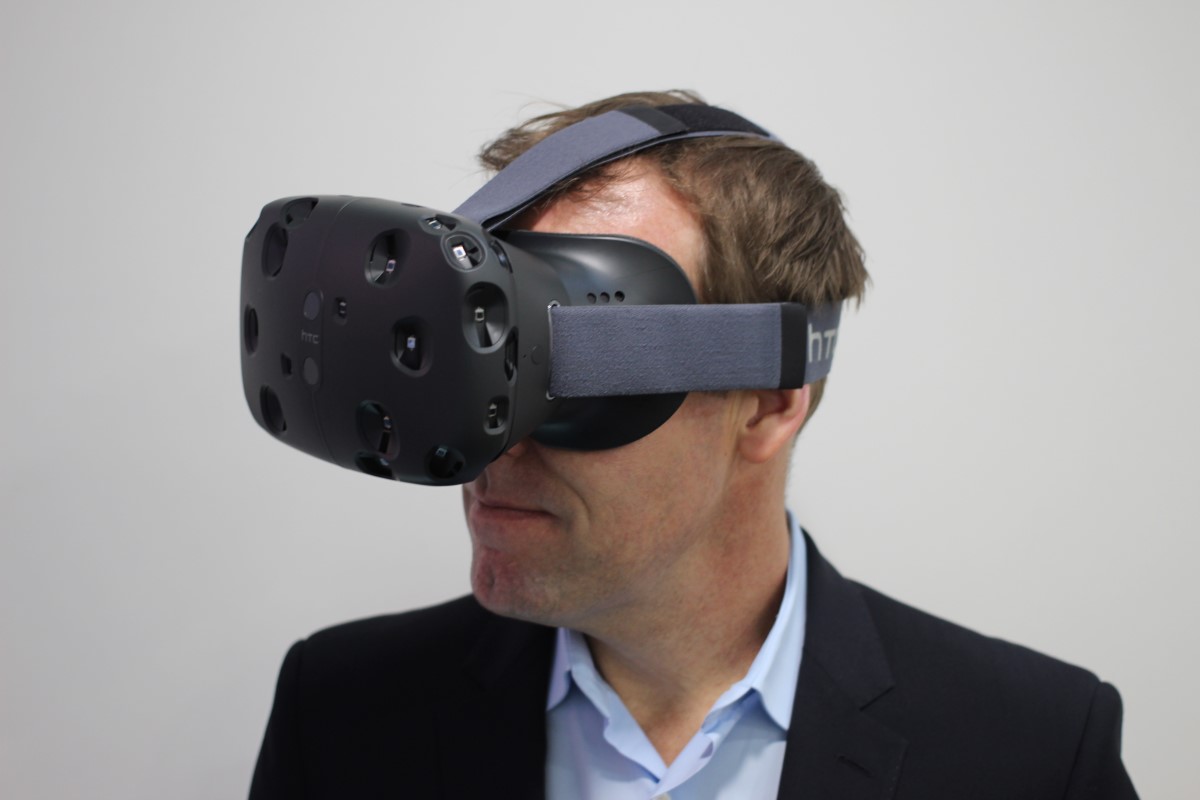
Nature-Inspired Virtual Reality Boosts Emotional Well-Being In Older Adults Living With Dementia
On Jul. 29, 2025, Texas A&M study finds immersive VR nature experiences improve mood and quality of life. Exposure to nature — even in a virtual setting — can enhance the emotional well-being and quality of life for older adults living with dementia.
That’s the main finding from a pilot study led by Junhyoung “Paul” Kim, a health technology researcher with Department of Health Behavior in the Texas A&M University School of Public Health. It also sheds light on important challenges this population faces when using this virtual reality technology for the first time. Published in the American Journal of Health Behavior, the study involved 11 residents of a long-term memory care facility who were diagnosed with mild to moderate Alzheimer’s disease.
Twice weekly over five weeks, participants engaged in nature-themed virtual reality sessions using Oculus Quest 2 headsets and the Nature Treks Virtual Reality application. For each 20- to 30-minute session, users were immersed in calming, natural landscapes, including forests, meadows, oceans and sunsets, and could interact with animated plants and animals.
The research team used a pretest-posttest approach to quantify changes in emotional well-being and perceived quality of life. Results showed a significant increase in feelings of pleasure and alertness, along with a reduction in negative emotions such as anxiety, sadness and anger. Participants reported a noticeable improvement in overall quality of life following the intervention. The team also collected qualitative data during the final week of the study through in-depth interviews with participants and their caregivers.
The study also revealed several usability barriers, with some participants struggling to use the headsets and handheld controllers. The researchers noted these difficulties point to a need for more age-friendly design features. “Simplifying the control interfaces and improving the ergonomic fit of headsets could significantly enhance accessibility for older adults with cognitive impairments,” Kim said. Still, the results are promising, according to the researchers.
Tags:
Source: Texas A&M University
Credit:
